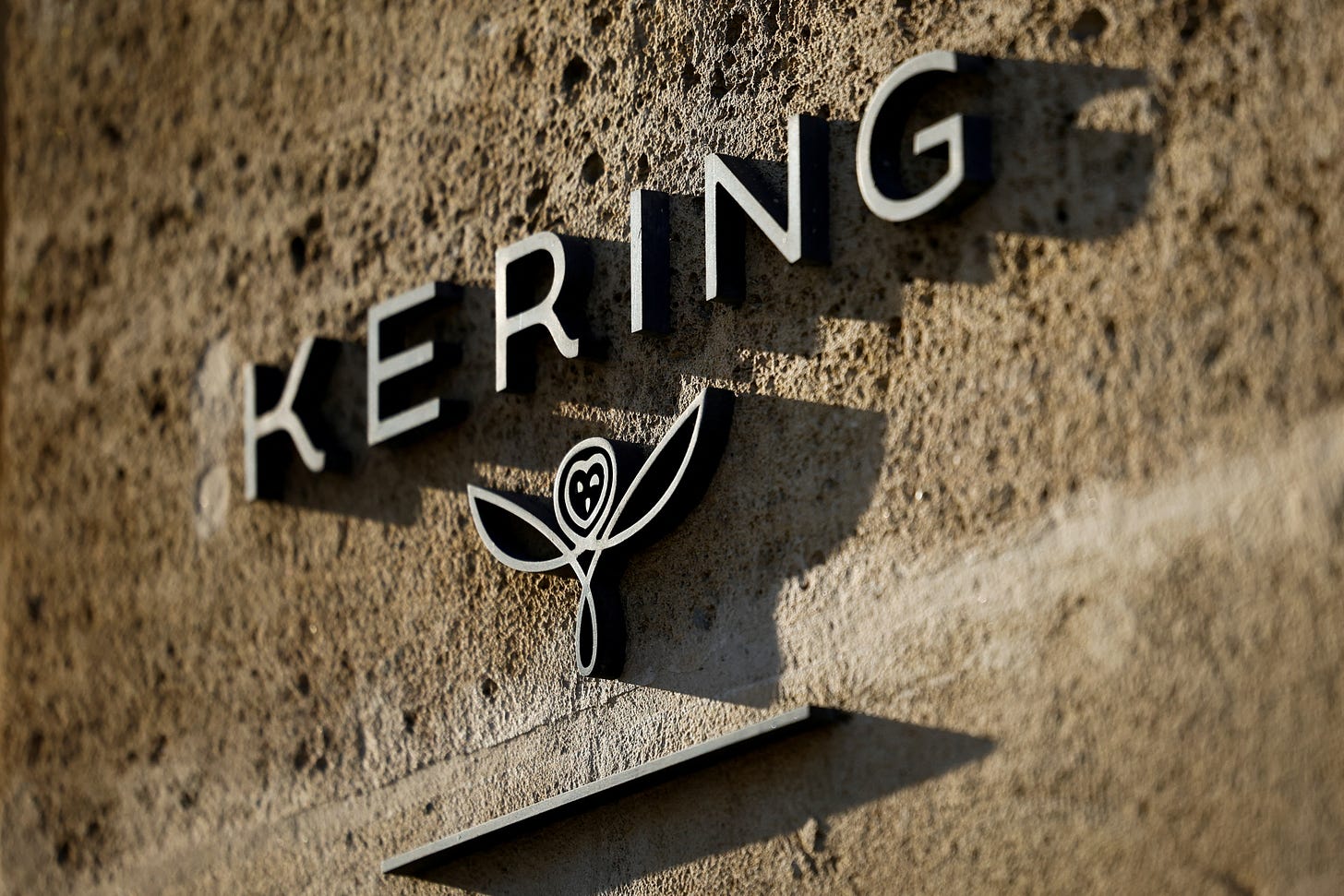Kering’s New Strategic Imperative
“ReconKering” Turnaround and the Redefinition of Luxury Conglomerate Dynamics
The ReconKering Imperative and Strategic Pivot
Kering is undergoing a profound strategic overhaul under its new CEO, Luca de Meo. Following mounting debt and a sustained sales decline at Gucci, the internal memorandum outlining the ReconKering plan defines an aggressive, performance-driven blueprint for stabilisation and future growth. This strategy represents a significant shift away from reliance on singular creative visions toward an operationally rigorous, data-driven model inspired by efficiency practices more common in the automotive sector.
The strategy has two primary mandates: reduce Kering’s reliance on Gucci and execute a structural resizing of the company. The restructuring is governed by strict deadlines, including an eighteen-month target for portfolio-wide comparable growth and a three-year objective to restore optimal financial performance. Key operational actions include a mandatory reduction of the global retail network, a comprehensive strategic price review, and the accelerated elevation of Saint Laurent, Bottega Veneta, and Balenciaga.
This strategic shift follows the sale of Kering Beauté, including the House of Creed, to L’Oréal for about €4.7 billion. The deal provides essential capital relief, allowing Kering to ease its debt burden and fund the multi-year turnaround required for its core fashion houses.
Investor sentiment has been divided. De Meo’s appointment initially increased confidence and lifted the share price sharply. Still, when operational details such as store closures and portfolio rationalisation leaked, shares declined, signalling concern around execution risks. Credit rating agencies have echoed this cautious outlook, with revised negative outlooks driven by execution challenges and pressure on financial metrics.
Beyond immediate financial concerns, the ReconKering strategy is influencing broader dynamics in the luxury industry. The portfolio optimisation approach is prompting competitors, including beauty ventures, to reevaluate their own structures. Activist investor involvement has intensified speculation about a potential Kering Richemont merger that could significantly alter the competitive landscape by uniting soft and hard luxury under a single group.




